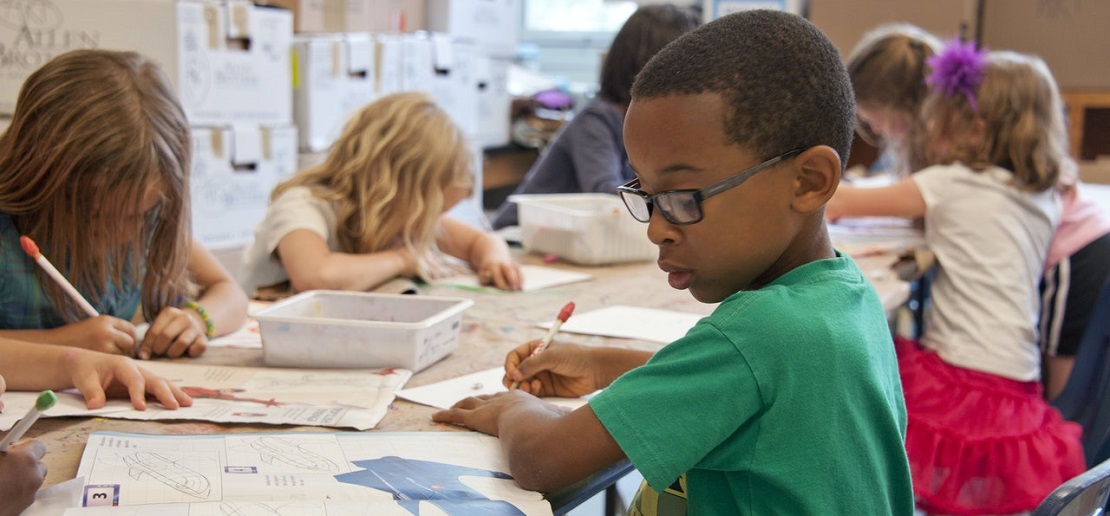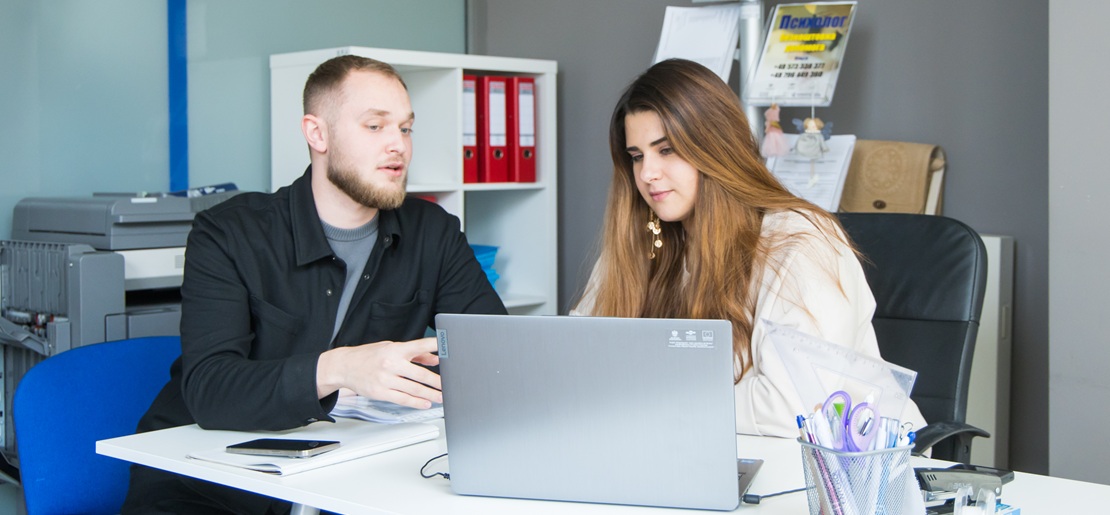Zachęcamy do lektury artykułu autorstwa dr Katarzyny Krzystanek udzielajacej wsparcia psychologicznego w Punkcie Informacyjnym dla Cudzoziemców w Kielcach.
When people come to a new country, they experience cultural differences in many life situations - in an office, restaurant, shop, doctor's office. School plays a very important role in cultural integration for children and young people, as well as their families. It is a place where they spend a significant part of their time - they gain knowledge and experience, enrich their vocabulary, and establish relationships with their peers and adults. Taking all these factors into account, the number of students with migration experience, which is increasing every year, is a challenge for the modern school and education system. Important questions arise that are constantly looking for a satisfactory answer:
- What does the presence of students from different cultures mean for the school, and what are the consequences in the classroom?
- What difficulties may arise in a school attended by a student from a different cultural background?
- How to work with students when a child with migration experience is in the classroom?
When answering the above questions, one should take into account factors that have a significant impact on the situation of children representing a different culture. These include the level of knowledge of the Polish language, differences between the education system in Poland and the country of origin, the legal status of the child and his family, and the psychological and developmental conditions of a given child. The ongoing process of cultural adaptation as well as teachers' competences and their skills in working with a multicultural class are also of great importance.
Pursuant to the applicable regulations, the level of knowledge of the Polish language is not a condition for admitting a foreign student to a Polish school. There are often situations in which a child joins the school a few days after coming to Poland without knowing a word in the language in which he or she starts learning. It is a challenge both for the child and its guardians, but also for teachers and educators. For these students, it means, first of all, a lack of understanding of the content conveyed during the lessons, low knowledge of the cultural and social context, and the inability to transfer their knowledge at school.
The language barrier concerns not only the educational sphere of the child, but also its emotional and social functioning. This student has difficulty adequately expressing the emotions and needs he feels in Polish, he also does not know colloquial expressions and youth slang. These situations can cause frustration, anger and high levels of stress, which in turn may lead to increased emotional tension as well as psychosomatic symptoms. Research shows that students with migration experience, who do not speak Polish, are more likely to experience fatigue, apathy, sadness, depression and psychosomatic symptoms than other children. This is largely due to a misunderstanding of the school reality that surrounds them. This very often leads to frustration and discouragement to learn as well as a high level of school anxiety.
Currently, there is no systemic solution to the problem of educating children with the experience of migration who do not speak Polish. The only remedial measure is additional teaching of the Polish language. Foreign students are entitled to additional Polish language lessons from 1 to 5 hours a week for an unlimited period. The experience of intercultural schools shows that children willingly take advantage of this opportunity. It is an important step towards increasing the student's integration with the new culture and environment in which they find themselves.
Author: Katarzyna Krzystanek, PhD
Do you need a psychologist's support?
Please contact the Information Point for Foreigners!
INTERNET
You will find us the most quickly by visiting the internet platform: Map of Good Neighborhood INTEURO.INFO
We are also present on Facebook, Instagram and YouTube.
HOTLINE
We have launched a hotline for you in four languages: Polish, Ukrainian, Russian and English.
The hotline: +48 573338377
Viber: +48789085083
e-mail: info@inteuro.info
STATIONARY HELPDESK
25-501 Kielce
78A Sienkiewicza Street (second floor)
We are at your disposal from Monday to Friday from 8:00 to 16:00 and for additional duty from 16:00 to 20:00 (selected days).









